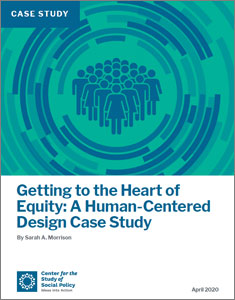This webinar presented key findings from the FrameWorks Institute's research and recommendations about communicating the importance of early relational health to non-experts along with commentary from national leaders about the importance of these perspectives.
Building Resilience in Troubled Times: A Guide for Parents
May 2020
Families are under a kind of stress most of us have never experienced before as a result of the COVID-19 pandemic. This brochure shares tips for parents to draw on their own strengths and build a network of support to better help their children to thrive.
This content is also available as a web page, here.
(3 pp)
